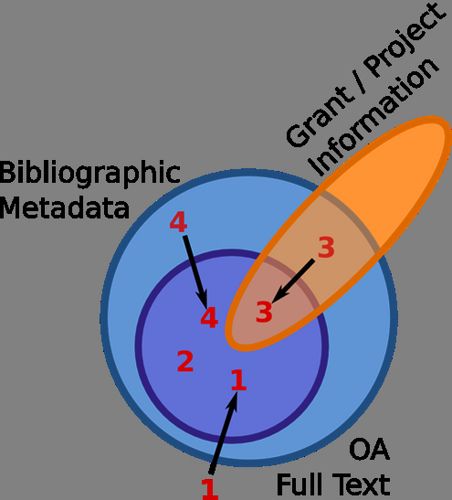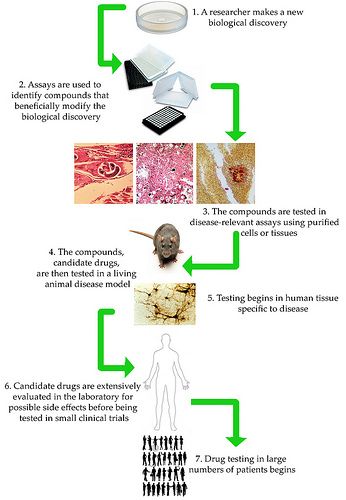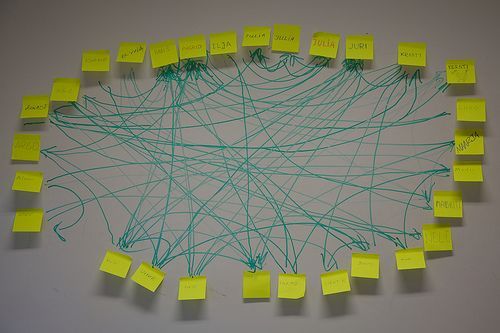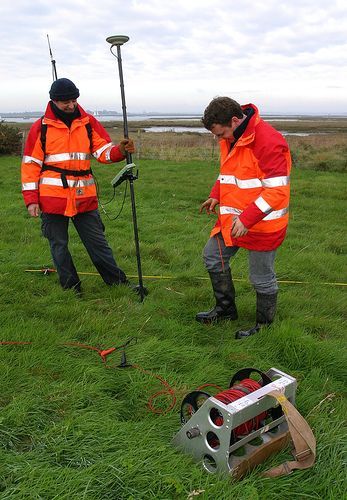
Today I posted a document that should help define a set of principles for scientific attribution. These principles will be presented and discussed at the National Science Foundation workshop Changing the Conduct of Science in the Information Age on November 12. Many people helped me with this document (Cameron Neylon in particular), and I welcome comments and suggestions.




